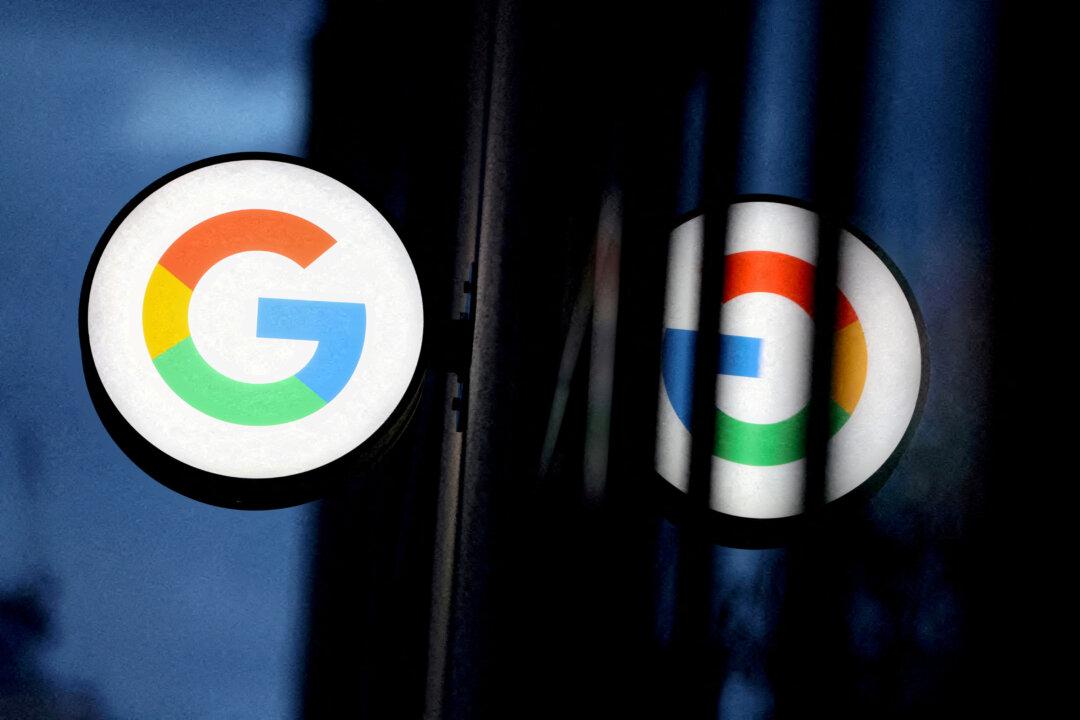The Department of Justice (DOJ) is considering asking a federal judge to break up Google’s operations after a ruling earlier this year found that the tech giant violated antitrust laws by maintaining an illegal monopoly over the online search market.
In a 32-page court filing with the U.S. District Court for the District of Columbia on Oct. 8, the department outlined a series of solutions that could reshape how Americans find information on the internet, reduce Google’s revenues, and give its competitors more room to grow.




